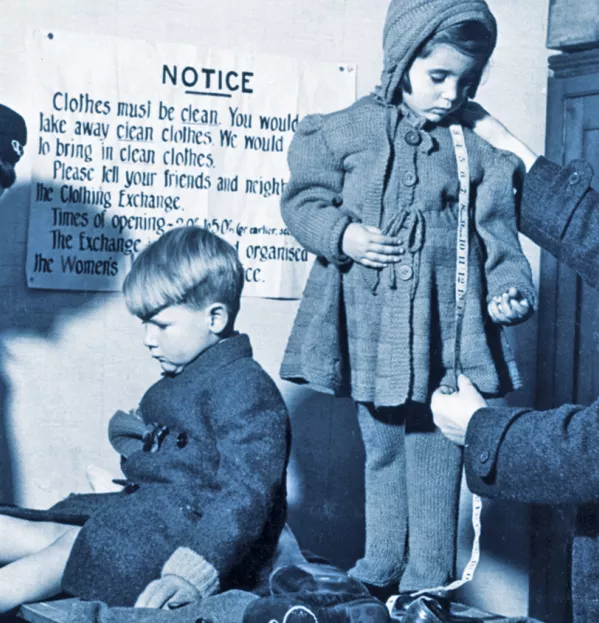Double measures: councils vow to keep local testing

At least nine councils will continue to run their own standardised testing regimes when the Scottish government introduces national assessments in literacy and numeracy in August, TESS has learned.
Carrying on with the tests will fly in the face of assurances given by the first minister, and result in some pupils being tested every year from P1 to S3.
When first minister Nicola Sturgeon announced in 2015 that the Scottish government would reintroduce national standardised testing, she stated that the assessments would “replace the variety of different assessments already used by local authorities” - so there would be no increase in teacher workload.
However, a TESS survey, which has received responses from 30 of Scotland’s 32 local authorities, reveals that only eight councils are prepared to commit to moving over exclusively to the new national assessments being introduced by the government in August to test pupils’ literacy and numeracy skills in P1, P4, P7 and S3.
Nine councils told TESS that they would keep running their own local testing regimes for at least another year in conjunction with the new national assessments; and a further three - Glasgow, Perth and Kinross, and South Lanarkshire - said they had no local testing regime but that individual schools currently buy in standardised assessments and they would continue to be free to do so.
The remaining 10 councils said they had yet to take a decision on whether local arrangements would be scrapped.
Many of the undecided councils commented that they felt unable to commit exclusively to the new national tests - due to be introduced in just five months’ time - because they had not seen them and did not know if they were “as good as, better, or less informative” than those currently in use.
Last month TESS reported that the pilot period for the tests had been cut drastically and the process was more than half a year behind the original schedule - and two months behind the revised timetable.
Workload warning
The survey prompted opposition parties to brand the Scottish government’s national testing policy “a shambles”.
The situation has also been described as “madness” by teaching union bosses, who are calling on the government to do more to ensure that councils scrap local tests.
The running of local and national testing regimes in tandem will result in additional workload for teachers, the unions said.
Pupils’ learning experiences will be the “casualties” because the testing will eat into the time that could be spent on “meaningful learning and teaching” in the classroom, they added. The unions also highlighted the cost of running both local and national standardised assessments - money that could be invested in other things.
The government needs to be strong - there should be no other testing going on
A survey conducted by TESS in 2015 found that Scotland’s 32 local authorities spent more than £1 million on local testing arrangements. The tests that are due to be introduced by the Scottish government will cost £2 million per year.
Seamus Searson, general secretary of the Scottish Secondary Teachers’ Association, said: “It’s just madness. If this is what the government wants to use then the councils should have no choice but to use them and trust the government on their decision. The government needs to be strong on this - there should be no other testing going on.”
The EIS union accused councils of developing a “fixation” with standardised assessment.
“We understand the Scottish government is speaking to directors of education about this need to reduce the amount of standardised testing going on in some local authorities,” said Andrea Bradley, EIS assistant secretary.
Pupil ‘casualties’
“From our point of view, those conversations need to be resumed because it is simply not tenable that some children are going to be tested every year of their schooling from P1 to S3.
“That will mean huge time taken from learning and teaching, and significant additional bureaucracy for teachers. Young people’s learning experiences will be the casualties.”
Liz Smith, Scottish Conservative shadow education secretary, said the point of standardised testing was to ensure common standards across the country.
“It will create both a great deal of confusion as well as an added workload for teachers if there are wide variations across local authorities of testing,” she added.
Iain Gray, Scottish Labour’s shadow education secretary, said: “The Scottish government’s national assessment policy has been a shambles from the beginning…Teachers have no confidence in these assessments as a replacement for current established practice. So it’s no wonder that only eight Scottish councils are certain they will move over to the new national assessments.
“If the Nationalists expect people to believe education is their number one priority, they need to get a grip of this situation, and fast.”
A Scottish government spokesperson said that the government was working closely with local authorities to ensure that the new national standardised assessments met their needs and could replace the various standardised assessments that councils are currently buying in.
You need a Tes subscription to read this article
Subscribe now to read this article and get other subscriber-only content:
- Unlimited access to all Tes magazine content
- Exclusive subscriber-only stories
- Award-winning email newsletters
Already a subscriber? Log in
You need a subscription to read this article
Subscribe now to read this article and get other subscriber-only content, including:
- Unlimited access to all Tes magazine content
- Exclusive subscriber-only stories
- Award-winning email newsletters